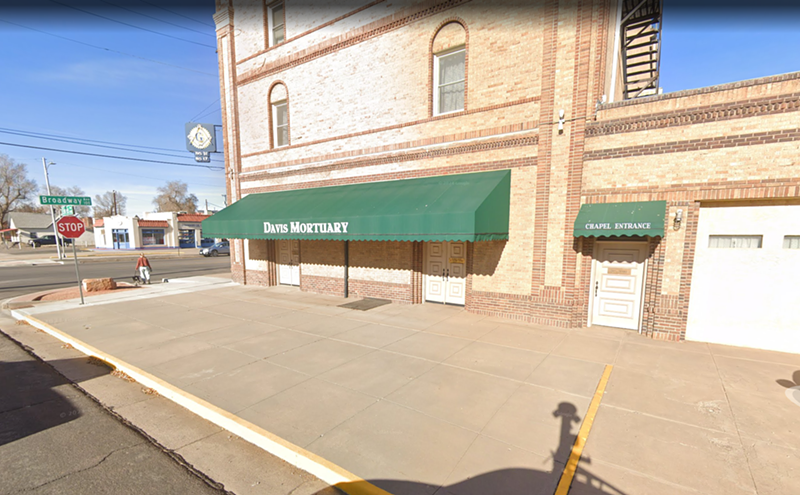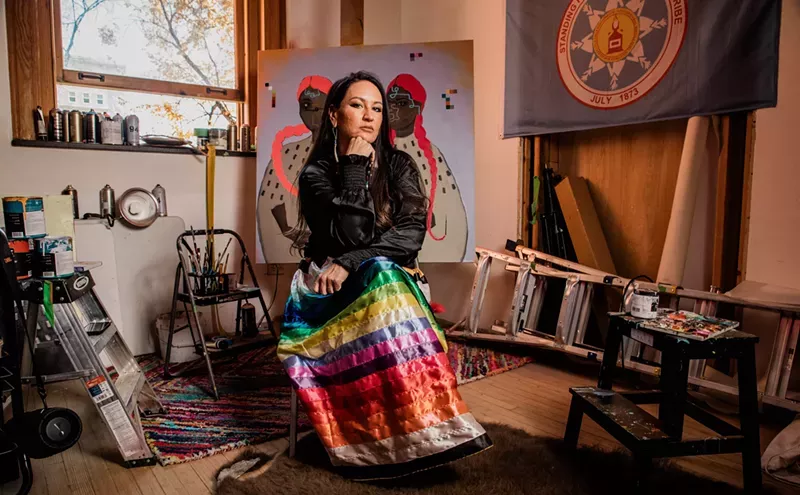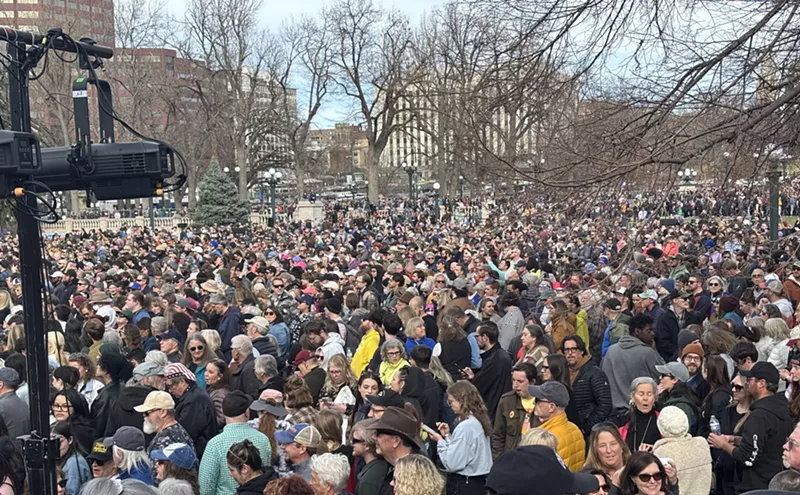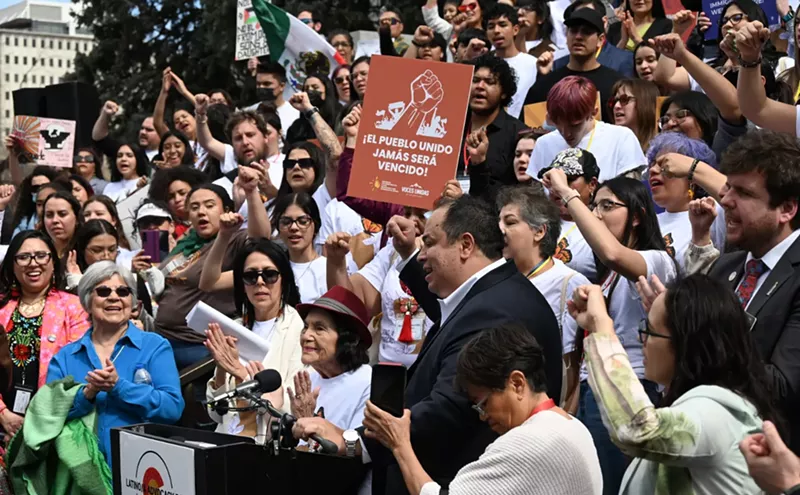This was a return engagement for the case: It was dismissed by the U.S. District Court in Colorado last November (read more about its history here). And while the ACLU's Mark Silverstein, who attended the hearing, stops well short of guaranteeing victory -- "It's folly to predict how a three-judge panel will resolve a case based on oral arguments," he says -- he certainly believes Weise and Young are legally on the right, even if they're politically on the left.
Says Silverstein: "I hope the court will agree with us that the government cannot engage in viewpoint discrimination" -- which he describes as "the government taking adverse action against a speaker because it disagrees with a particular viewpoint expressed by the speaker."
Because they were tossed, neither Weise nor Young got a chance to share their opinions at the town hall -- and Silverstein stresses that "there's nothing in the record that the court is considering that indicates there was any reason for their expulsion other than their bumper sticker, which was perceived as a criticism of the President's policy regarding Iraq."
The original court upheld the actions of White House staffers, arguing that President Bush had the right to control his message. In response, Silverstein says, "we argue that there was no risk somebody might confuse our client's bumper sticker with the President's message -- no risk that the President's message could be diluted, confused or undermined by our clients, especially since the evidence of their views was out in the parking lot, on a bumper sticker attached to the car."
It could be months before Silverstein learns if the judges will agree, and he declines to speculate what step might follow should the latest court also validate the White House's actions in respect to Weise and Young. Yet he remains convinced that them getting the boot "violated their First Amendment rights" -- something town-hall meetings are generally thought to celebrate.












